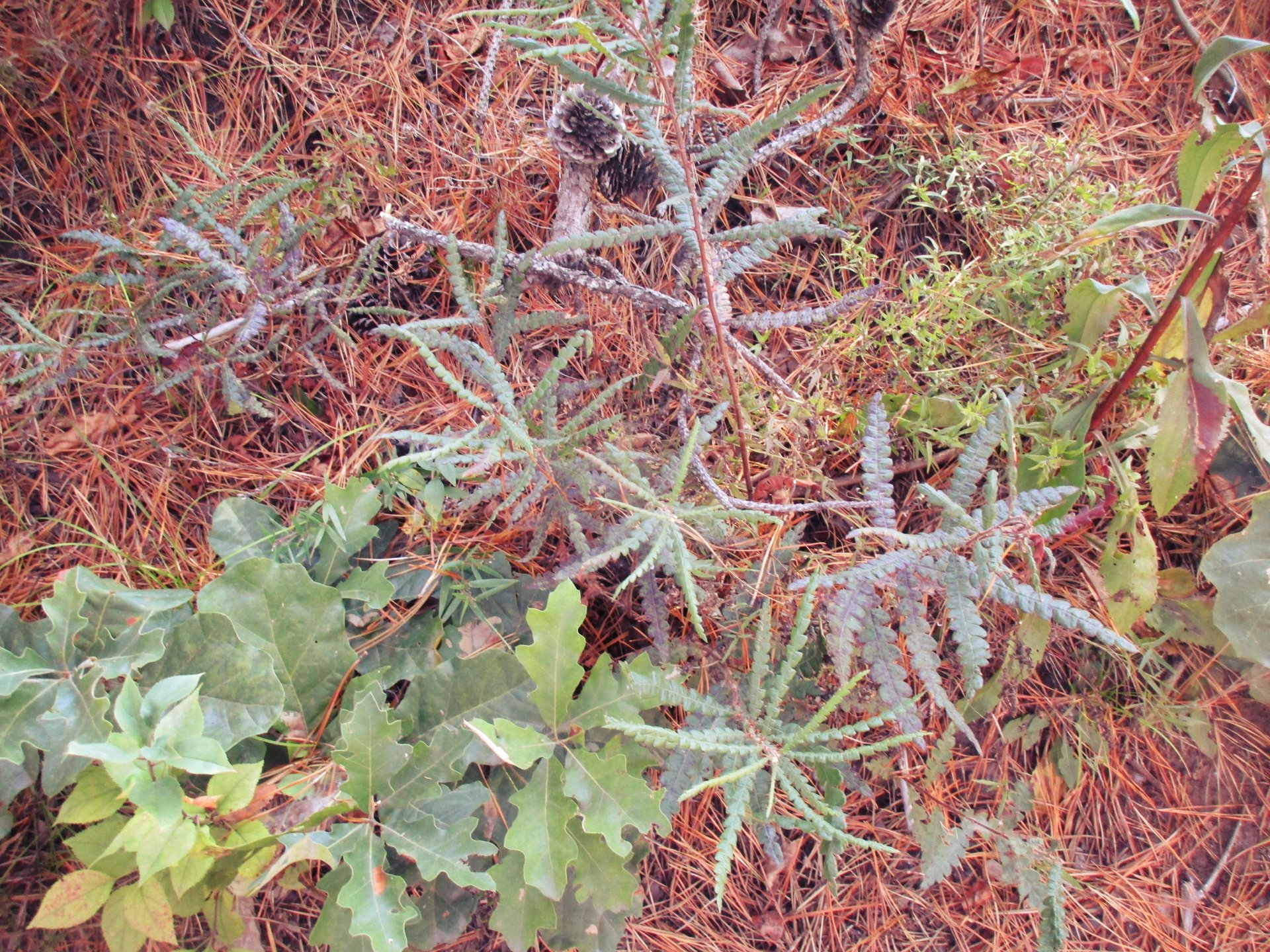As ticks latch onto kids — not to mention their parents and pets — in big numbers this year, at least one middle school has decided there’s a little too much nature out there.
But the bloodsucking creatures haven’t otherwise put too big a damper on spring field trips, despite a marked rise in their ranks in the Capitol Region this season.Guilderland’s Farnsworth Middle School canceled a trip to the Albany Pine Bush after a group of seventh-graders returned with several ticks, said Erin Kinal, educational outreach director for the Pine Bush preserve. A Boy Scout troop also canceled a hike in the pine barrens this spring, she said.
"It was definitely a very active year for ticks," said Kinal, who said the mite-size creatures are being found in more areas than usual. "But we do have schools that come out regardless, that take the precautions and check students" when they return.
Most local schools have been undeterred from taking trips this spring but are carefully following guidelines to prevent tick bites, which can lead to potentially fatal Lyme disease.
"We can’t do anything really about the ticks, but we can thoroughly check ourselves when we’re in the woods," said Pine Bush Conservation Director Neil Gifford. "If you remove ticks within 24 hours, your chance of getting Lyme disease is negligible."
On a two-hour trip through the Pine Bush last week, Gifford picked at least one small black tick from his light-colored shirt, a few minutes after a reporter found one on her blue jeans.
Gifford said the ticks seem to flock to invasive species like locust trees and their "clones" — shoots that grow off their root system — which form a shady canopy over parts of the preserve.
"I think it’s because the white-footed mice and deer prefer the closed canopy," he said. "There’s a definite correlation between ticks and locust clones."
Students who come to the preserve on trips typically help eliminate invasive species by stripping bark off locusts, or cultivate native flora. Last week, the Wildwood School in Colonie brought native plants to the preserve that students grew.
At Five Rivers Environmental Education Center in Delmar, which sees about 3,000 students each spring, no trips have been canceled, said educator Anita Sanchez. Once a week the tall grass around the center’s 400-plus acres are swept with large nets to monitor ticks.
